Today’s readings
This weekend we continue our preaching series at Saint Mary Immaculate called “A Crash Course in Catholicism.” Please continue to pray for the success of this preaching series, and for the openness for all to receive the grace God is pouring out on us in these days. So far we have spoken about the fundamental Good News of our faith that we are saved by Jesus Christ. God did not abandon us in our sinfulness, but in love sent us His Son, Jesus, to free us from sin and death by His own life, death and resurrection. God desires our salvation and healing.
In following God’s plan, we connect our lives to His through prayer, which we spoke of at length last week. Hopefully over the past week you’ve had a chance to reflect on the way you pray, why you pray, and perhaps even tried some new way of prayer.
So this week, we are reflecting on our call to discipleship, our living of the Good News of Jesus Christ in such a way that it is infectious to others. This call to discipleship isn’t just for Sundays, or even primarily for Sundays, but an everyday decision to follow Christ and walk in the way he has marked out for us.
Looking at the parable in today’s Gospel reading, I’m going to be very bold and say, you know, the Pharisee was quite right. His righteousness was beyond reproach. He has been innocent of greed, dishonesty and adultery. He has been more pious than even the law requires. Fasting was only required once a year, on the Day of Atonement, but he fasts twice a week. Tithes were only required to be paid on one’s earnings, but he pays them not only on his earnings, but also on all of his possessions, basically, he paid the tithe on his total net worth. He was probably quite right about his own righteousness, and he may well have been right about the failures of righteousness in the tax collector as well.
And, in those days, tax collectors were despicable human beings. There was no taxation with representation, so the tax collectors worked for the Romans and were in league with the foreign occupation. They were told what they had to collect, and whatever the collected over and above that was theirs to keep. Now certainly, they were entitled to some income, so a modest markup would have been understandable – that was how they were paid. But mostly the modest markup was far from modest, and often bordered on extortion. The tax collector in our parable today does not deny that he has participated in those activities. He does not even pray about anything he has done except for one thing: he has sinned. “O God, be merciful to me a sinner,” he says.
Both of these men were right in what they said about themselves. From an objective point of view, they have presented themselves honestly before God and everyone. So what’s the problem? Where has the Pharisee gone wrong and how did the tax collector, of all people, end up justified?
It’s pretty easy to see what went wrong when we step back and look at the nature of their prayers. The Pharisee uses the word “I” four times. It’s all about him. The tax collector does not use the word “I” at all; he uses the word “me.” What’s the difference? Think back to your grammar lessons: “I” is the subject, “me” is the object. So, for the Pharisee, it was all about what he had done through his own righteousness, and not about what God had done or could do. The text even says that the prayer he prayed, he said to himself. Did you catch that? Not to God, but to himself! For the tax collector, it wasn’t about him at all. He acknowledges his sinfulness and asked God to have mercy. And that’s the second difference. The tax collector asks for something, namely mercy, and receives it: he goes home justified. The Pharisee asks for nothing, and that’s just what he gets: nothing.
So I think today’s Liturgy of the Word is asking us a very important question: have you been aware of your need for a Savior? Because sin is exhausting. Anyone who has struggled with sin, or a pattern of sin, in their lives can tell you that. Those who have been dragged down by any kind of addiction or who have tried to work on a character flaw or striven to expel any kind of vice from their lives often relate how exhausting the sin can be. Sin saps our spiritual energy, weakens our resolve to do good, and causes us to turn away in shame not only from God, but also from family, friends, and all those whose spiritual companionship we need in order to grow as Christians. That’s just the way sin works.
But today’s Liturgy gives us very good news. Sirach says in today’s first reading that “The prayer of the lowly pierces the clouds; it does not rest till it reaches its goal, nor will it withdraw till the Most High responds, judges justly and affirms the right, and the Lord will not delay.” We see that very clearly in the parable in today’s Gospel. The lowly tax collector cannot even bring himself to raise his eyes to heaven. “O God, be merciful to me a sinner,” he says. It is the perfect Act of Contrition. He acknowledges his sin, he prays for God’s mercy. And God responds. He can go home justified.
So who here was the disciple? It would seem like it would have been the praying, fasting Pharisee. But is it? Discipleship involves discipline – they have the same root word – a discipline that binds oneself to God and is committed to real change. The Pharisee was self-righteous: he prayed to himself, did what made himself look good, it was all about him. The tax-collector, on the other hand, had a righteousness that came from the mercy of God. Because he depended on God, he was able to find forgiveness, bind himself to mercy, and go home justified. Disciples don’t follow themselves, they follow Jesus. They don’t pray to themselves, they follow Jesus. They aren’t righteous in themselves, they are righteous in Jesus.
Disciples aren’t perfect – certainly the tax-collector was not – but disciples are open to conversion, open to a true change in their lives that allows the mercy of God to make them a new creation. Disciples think of everything in terms of their walk with Christ and living the Gospel. They do it every day, not just Sunday. When a decision needs to be made at work, they think about Jesus’ example and how the decision might affect others. When deciding where to spend their family’s resources, they think about the good they are called to do. When working through a relationship issue, they think about where God is in that relationship and direct their energies in that way. Disciples see themselves first and foremost as sons and daughters of God, and everything else in their lives falls in line with that identification. They may not be perfect, but they are open to being perfected.
Disciples find themselves in the Church, receiving the Sacraments the Church offers them in order to perfect their lives of faith. They receive the mercy of God in sacramental confession, and they live on the strength of God by receiving God’s Word and the Body and Blood of our Lord at Mass.
Just like the Pharisee and the tax collector, we have come to this holy place to pray today. What is our prayer like? Are there sins that have become a pattern for us? Do we have addictions that need to be worked out? Have we failed in some way in our daily life? What dark corners of our lives desperately need God’s light and God’s mercy? In what ways do we need a Savior? Have we asked for God’s mercy, or have we been like the Pharisee, asking for nothing and receiving exactly that?
I want to give you the opportunity to pray with this today…
Pray the tax collector’s prayer after me: “O God, be merciful to me, a sinner.”
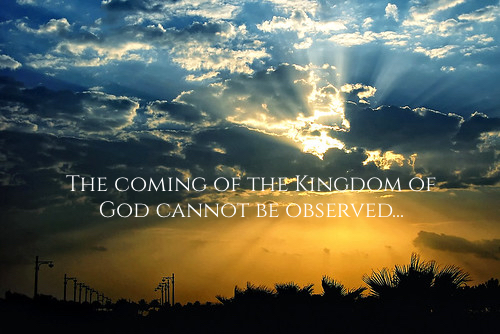

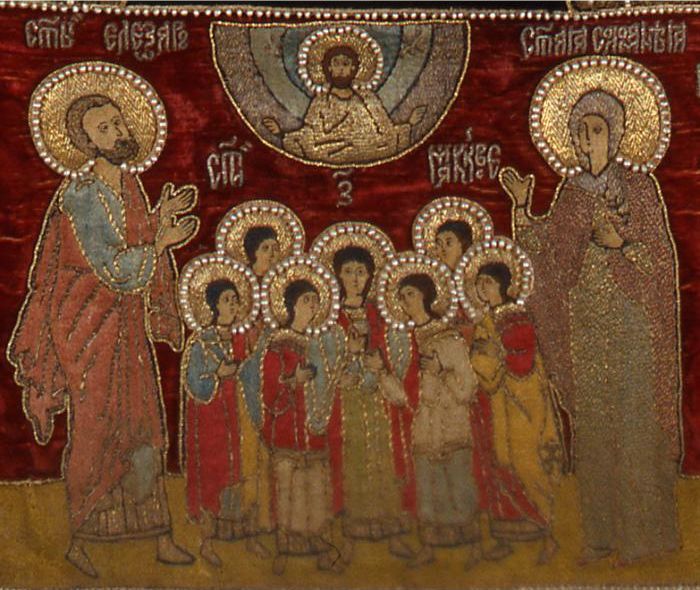
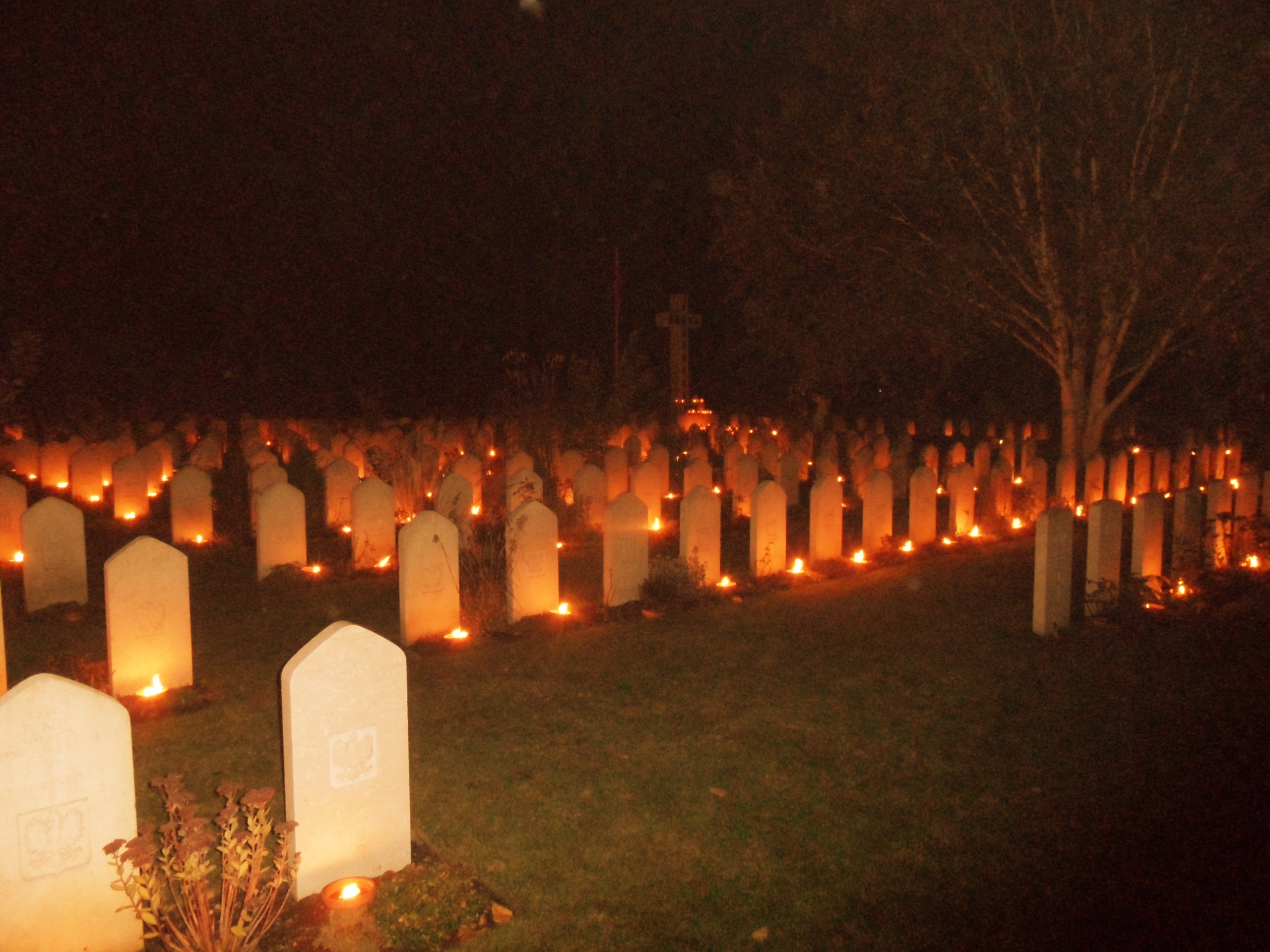
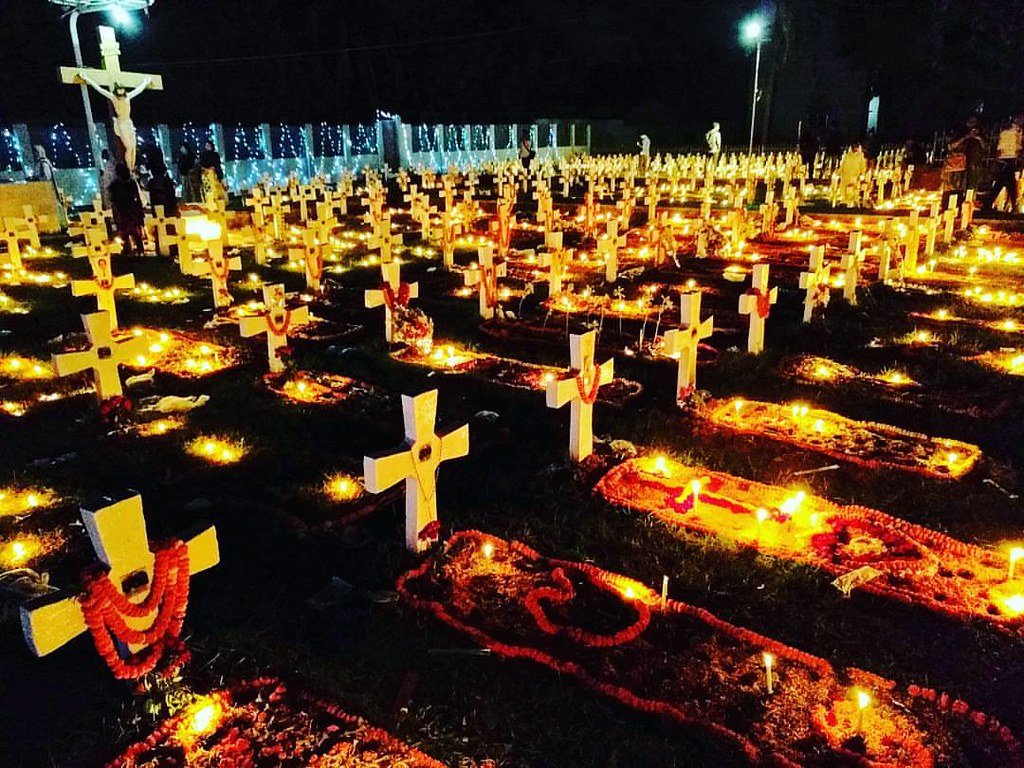
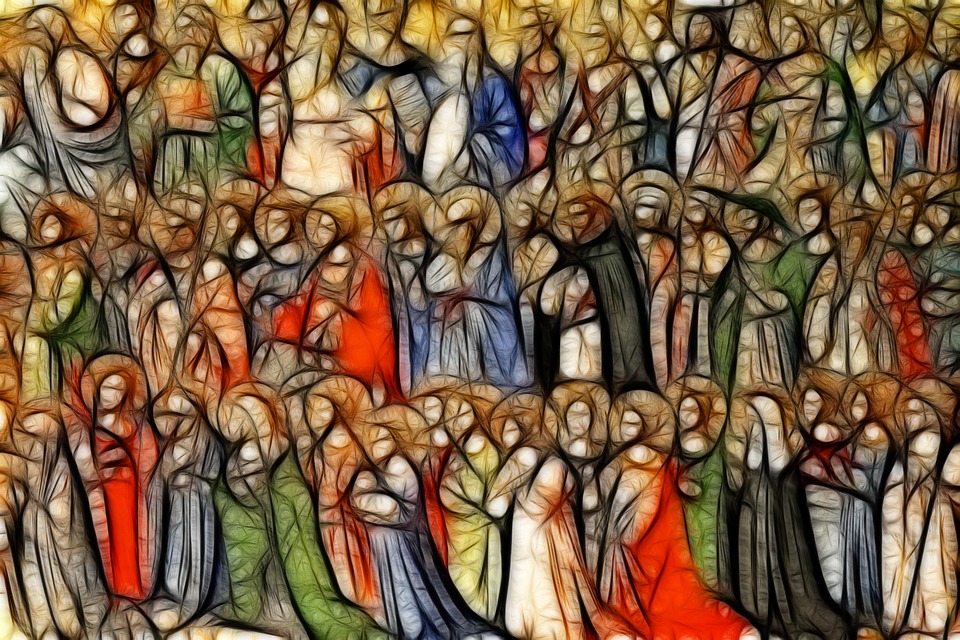
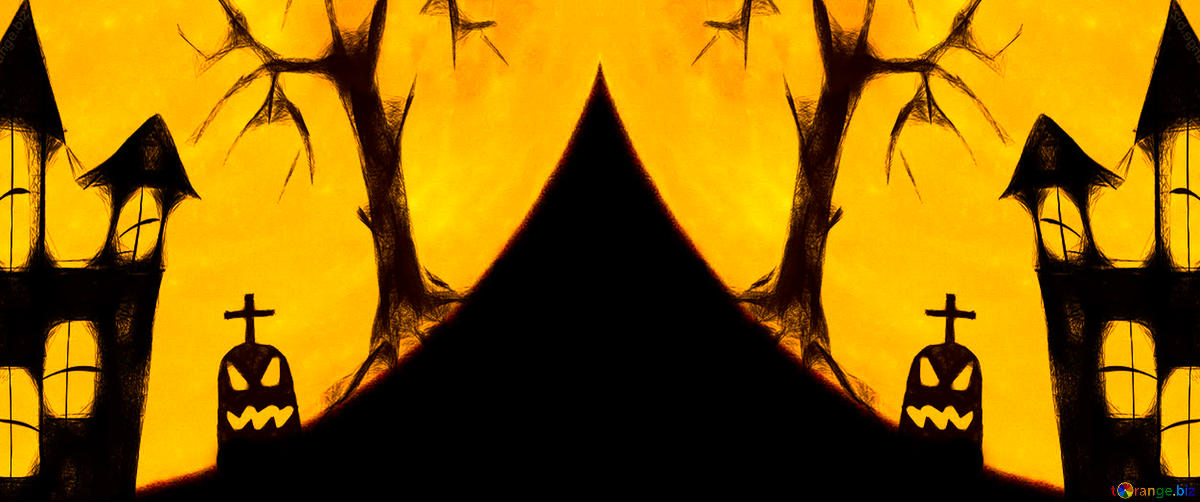
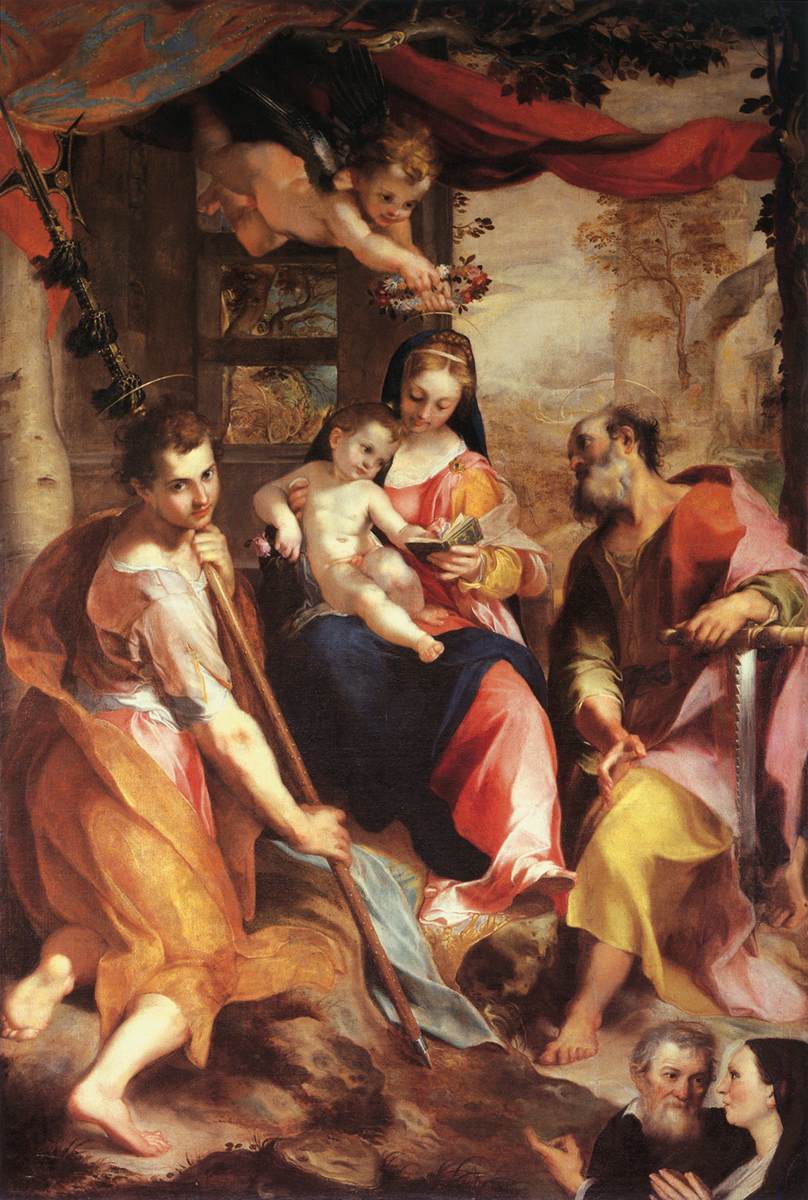
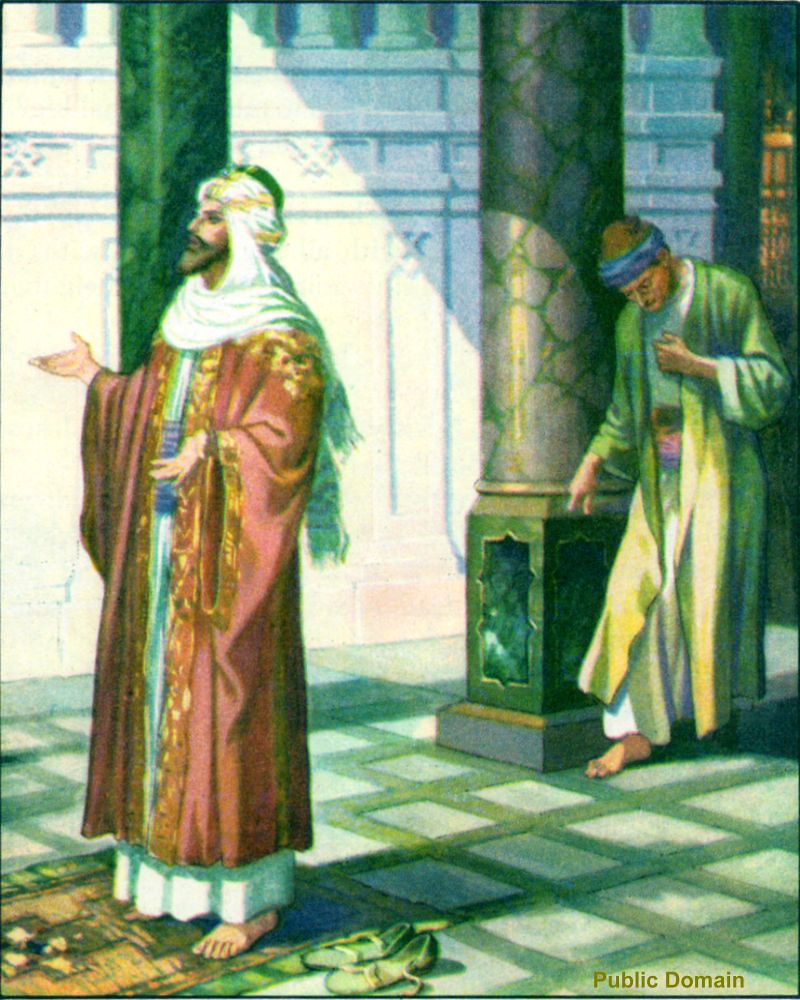
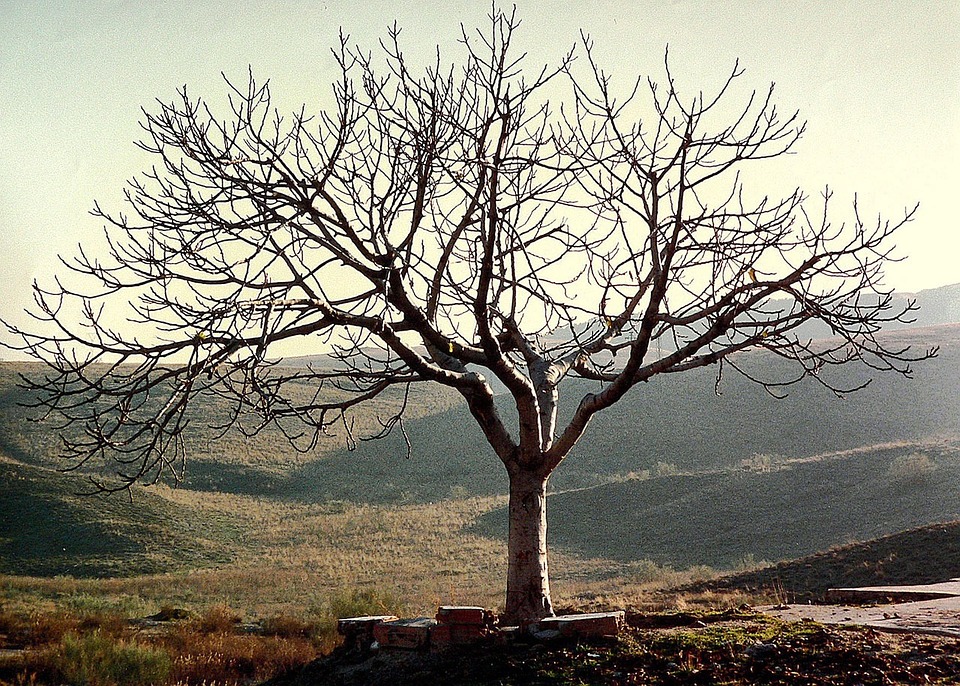
You must be logged in to post a comment.